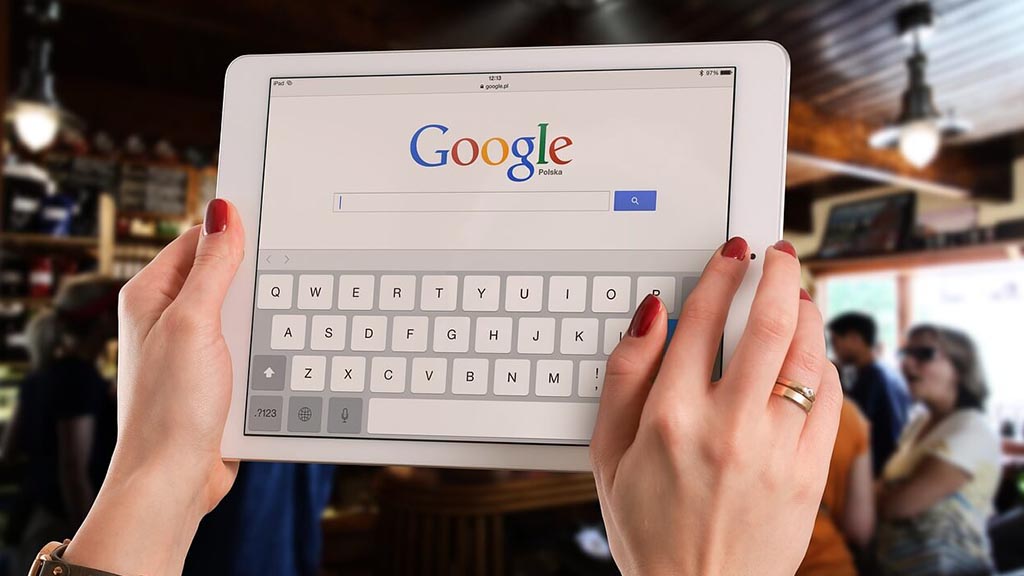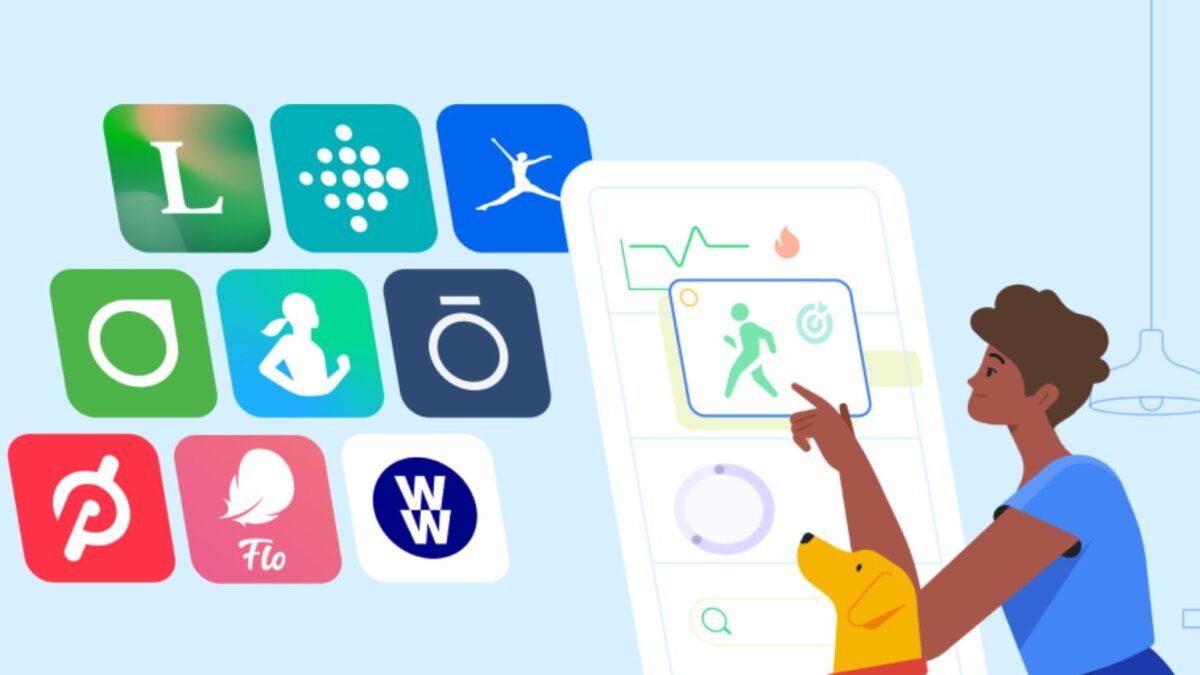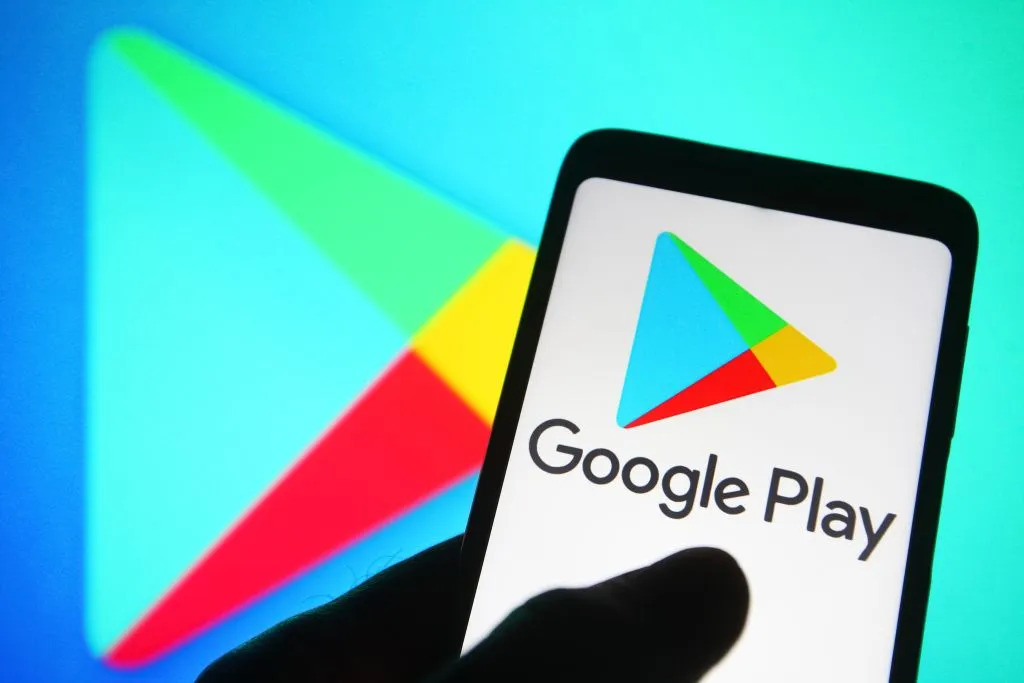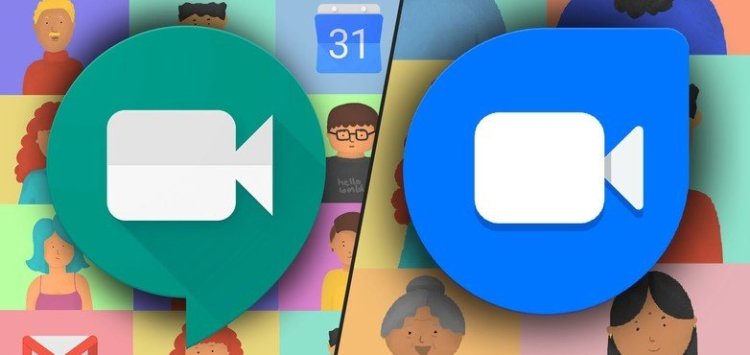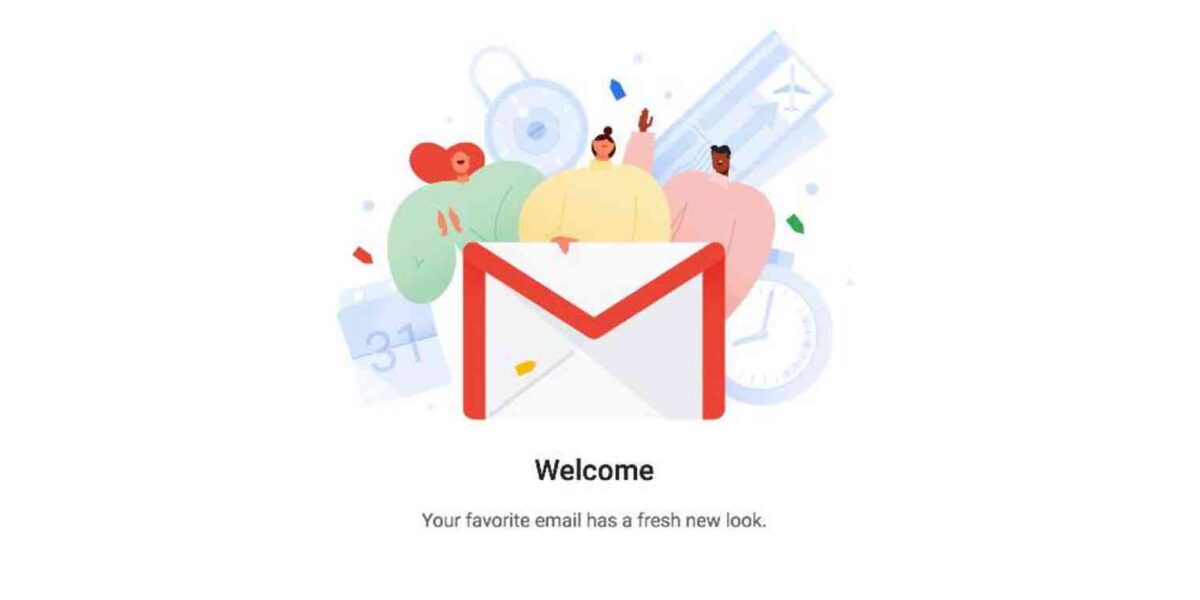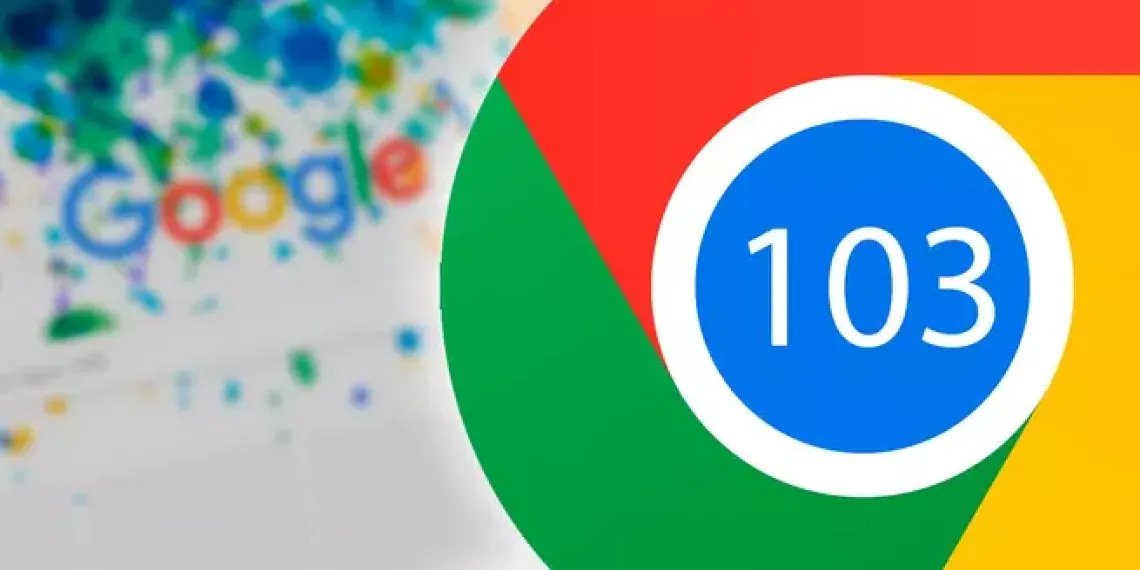“The US government filed the ad tech lawsuit in January and has argued that Google should sell its ad manager suite, taking the route of the court. The tech company has refused any wrongdoing.”
On Friday, a federal judge in the USA rejected Google’s motion to dismiss a Department of Justice antitrust case. The judge claimed that the government’s case was strong enough to proceed.
Also Read, VMware Merges Aria and Tanzu Kubernetes, Updates Guardrails and ESG Visibility
The US government filed the ad tech lawsuit in January and has argued that Google should sell its ad manager suite, taking the route of the court. The tech company has refused any wrongdoing.
The company Google has made the latest attempt to end time-consuming and costly antitrust lawsuits by filing a motion. Additionally, Google has requested Washington’s federal court to dismiss the claims made in a 2020 lawsuit filed by the government.
Eric Mahr argued for Google. Mahr stated that the Justice Department failed to allege a high enough market share, specifically 70% of the hard market power of Google.
Judge Leonie Brinkema said in a federal court in Virginia, “I’m going to deny the defendant’s motion to dismiss,”. Google is a unit of Alphabet Inc. Mahr argued that the government had reviewed Google’s deals to buy DoubleClick and Admeld, both more than 10 years ago, to increase its clout in ad tech. However, there were factors beyond market share to consider, such as whether a company engaged in “rapacious conduct”. Mahr’s argument was countered by the government, which admitted it had made a mistake.”
Eric Mahr argued for the company. He argued that the Justice Department could not present evidence that advertisers suffered any financial damage due to Google’s action. He mentioned that the government erroneously excluded Facebook and others from its definition of the market. Eric Mahr referred to Facebook and others as “obvious substitutes.”

